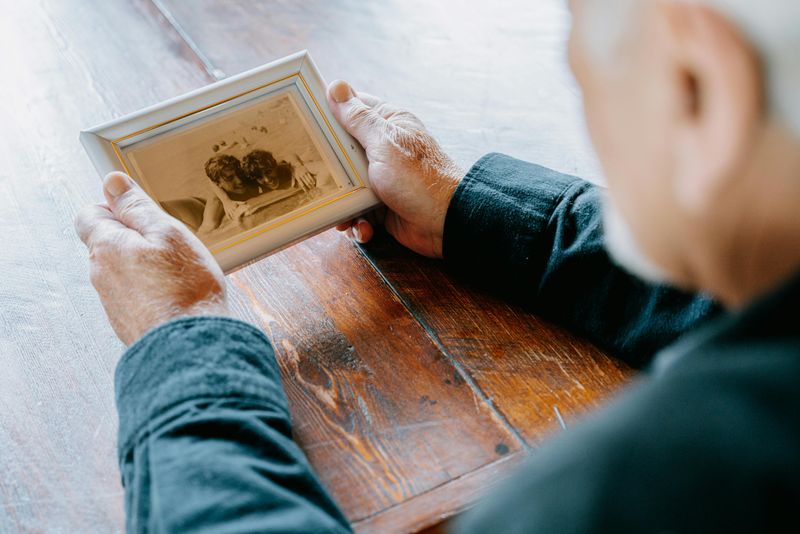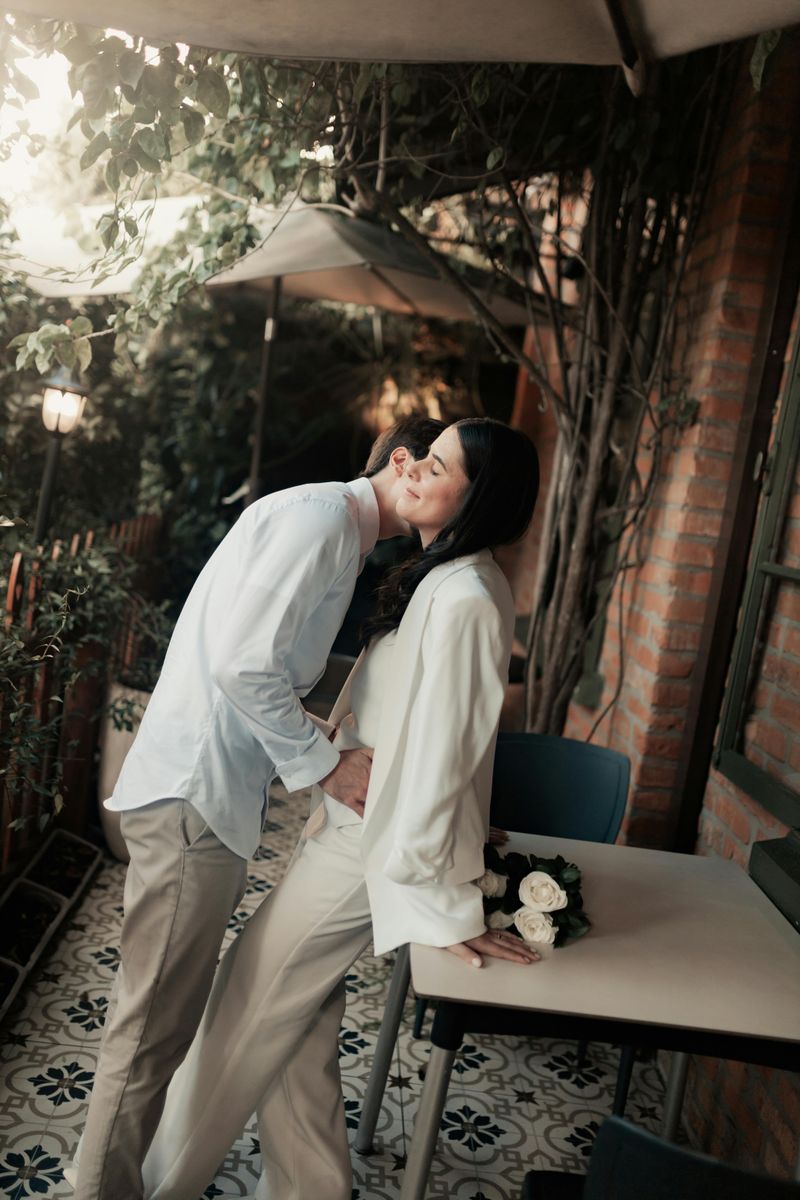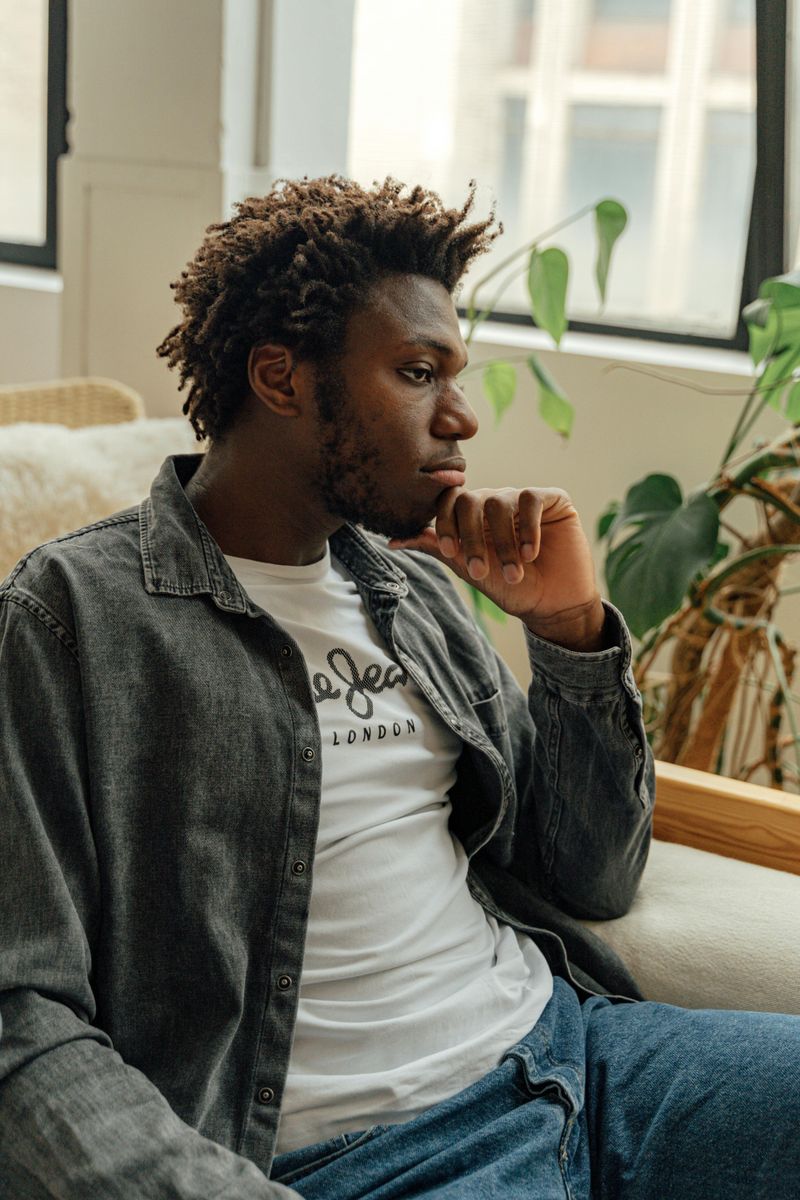7 Psychological Reasons Why Men Never Truly Get Over Their First Love

First loves leave footprints on our hearts that never completely fade away. For men especially, these early romantic experiences can shape their emotional landscape for decades to come. While everyone remembers their first love, research suggests men often carry these memories differently, holding onto them in ways that influence future relationships and personal growth.
1. That First Love High Hits Different

Remember that dizzy, can’t-eat, can’t-sleep feeling of first love? That’s your brain on a powerful chemical cocktail it’s experiencing for the very first time. When boys fall in love, their brains flood with dopamine, oxytocin, and norepinephrine—creating a natural high unlike anything they’ve felt before.
The brain forms especially strong neural pathways during these first-time experiences. Like a river cutting through rock, these chemical pathways become deeply carved into memory.
Future relationships might trigger similar reactions, but never with the same intensity as that first overwhelming rush, making first loves seem irreplaceable in retrospect.
2. Heartbreak He Never Really Processed

While women typically work through heartbreak by talking and seeking closure, men often bottle up their feelings after a breakup. They might throw themselves into work, hit the gym harder, or spend more nights out with friends.
This avoidance strategy feels productive in the moment but leaves emotional wounds untreated. Without proper processing, these feelings don’t actually disappear—they just get stored away, creating an invisible connection to that first person who broke their heart.
Years later, a song, scent, or situation can suddenly bring those unresolved feelings rushing back, proving they were never truly gone.
3. Love and Pain Get Stored Together

The brain processes falling in love and heartbreak through the same neural circuits—they’re two sides of the same emotional coin. When a boy experiences both powerful love and devastating loss for the first time, these opposing emotions become permanently linked in his memory.
This connection creates a unique phenomenon where remembering the joy automatically triggers memories of the pain, and vice versa. It’s like having a photograph with its negative always attached.
Many men find themselves unable to access the happy memories without also feeling echoes of the heartbreak, creating an emotional loop that keeps first loves perpetually relevant.
4. His First Love Becomes the Blueprint

First loves serve as powerful relationship templates for men. That initial romantic experience becomes the standard against which all future connections are measured, often without them even realizing it.
From communication styles to conflict resolution patterns, these early relationships establish what “feels right” in love. A man might find himself inexplicably drawn to women who share traits with his first girlfriend or feeling uncomfortable with relationship dynamics that differ too greatly from that formative experience.
This unconscious blueprint explains why many men find themselves thinking about their first love when making major relationship decisions years later.
5. He Learned to Lock His Feelings Away

“Boys don’t cry” isn’t just a harmful saying—it’s a cultural prison that traps men’s emotional development. When experiencing first heartbreak, many young men receive messages that they should “man up” or “get over it” rather than process their feelings.
Without healthy emotional outlets, these powerful first-love feelings get sealed away rather than resolved. The pain becomes a private wound they learn to live with but never fully heal.
This emotional lockdown creates a time capsule effect where feelings about first loves remain preserved exactly as they were, maintaining their power and presence decades later.
6. Time Turns Her Into a “Perfect” Memory

Memory plays tricks on all of us, but especially with emotionally charged experiences like first love. As years pass, men often find the rough edges of those relationships smoothing out in their memories.
Arguments fade while perfect dates become more vivid. The brain naturally emphasizes the positive aspects of those formative relationships while minimizing the negatives, creating an increasingly idealized version of that first partner.
This selective memory creates an impossible standard for current partners to compete against—they’re real people with flaws, while the first love has been transformed into a perfect, mythical figure through the rose-colored glasses of nostalgia.
7. First Love Hits During a Powerful Life Stage

Teenage brains are uniquely receptive to emotional experiences. When first love happens during this developmental window, it creates memories with extraordinary staying power.
The adolescent brain is undergoing massive changes, forming connections at an incredible rate while pruning others away. Experiences during this time—especially intensely emotional ones like first love—become foundational to identity formation.
Scientists have found that memories formed during this “reminiscence bump” period (ages 15-25) remain unusually vivid throughout life. This explains why even elderly men can recall with perfect clarity the details of a first love from sixty years earlier.

Comments
Loading…